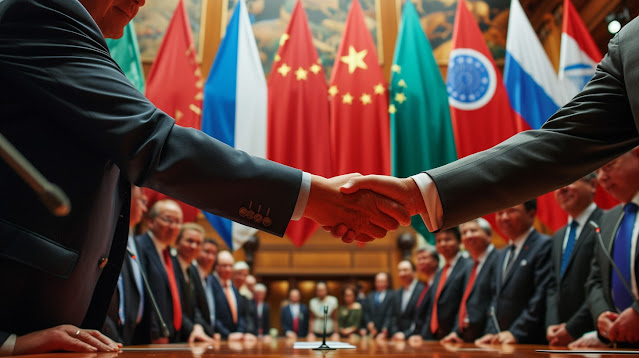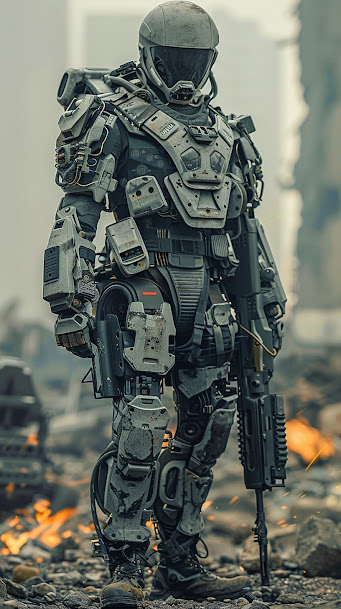Submit Review: Unveiling Role of Global Superpowers: Shaping International Politics and Conflicts
Shaping International Politics and Conflicts
In the intricate tapestry of international relations, the role of global superpowers stands out as a defining force, shaping the geopolitical landscape and influencing the course of history. From economic supremacy to military might, these nations wield immense power, often triggering debates, tensions, and conflicts on the world stage. In this controversial review, we embark on a journey to unravel the complexities of superpower dynamics and explore potential solutions to the challenges they present.
Understanding Global Superpowers:
Before delving into the controversies surrounding global superpowers, it is essential to grasp the concept itself. Superpowers are nations with unrivaled influence, possessing formidable economic, military, and political clout that allows them to sway global affairs. Historically, the United States, Russia, China, and the European Union have been recognized as primary superpowers, each exerting significant influence on international politics.
The Controversial Influence:
One of the most contentious aspects of superpower influence is their intervention in sovereign nations' affairs, often sparking conflicts and exacerbating existing tensions. Whether through military interventions, covert operations, or economic coercion, superpowers assert their dominance, leading to accusations of imperialism, hegemony, and neo-colonialism. The pursuit of geopolitical interests can destabilize regions and fuel resentment among affected populations.
The Power Struggles:
At the heart of superpower dynamics lies a perpetual struggle for supremacy, both on the global stage and within specific regions. The rivalry between major powers, such as the United States and China, is characterized by competition for resources, influence, and strategic dominance. From trade disputes to territorial claims, these power struggles have the potential to escalate into full-blown conflicts, threatening global peace and stability.
Conflict Resolution Challenges:
Addressing conflicts exacerbated by superpower involvement poses significant challenges, as geopolitical interests often take precedence over humanitarian considerations. Diplomatic efforts to broker peace are hindered by power politics, with superpowers leveraging their influence to advance their agendas. Moreover, the proliferation of proxy wars and asymmetric warfare tactics complicates resolution efforts, prolonging human suffering and perpetuating instability.
Creating Solutions: Despite the daunting challenges posed by superpower dynamics, there are avenues for constructive engagement and conflict resolution. Multilateral diplomacy, mediated by neutral parties or international organizations, can facilitate dialogue and negotiation, fostering peaceful resolutions to conflicts. Additionally, fostering economic interdependence through trade agreements and development initiatives can mitigate tensions and promote cooperation among nations.
Promoting Humanitarian Values: In tackling the controversies surrounding global superpowers, it is imperative to prioritize humanitarian values and uphold international law. Respect for sovereignty, human rights, and the principles of non-interference are essential in fostering trust and cooperation among nations. Superpowers must be held accountable for their actions, with mechanisms in place to address violations and ensure justice for affected populations.
Empowering Civil Society:
Civil society plays a crucial role in holding superpowers accountable and advocating for peaceful solutions to conflicts. Grassroots movements, non-governmental organizations, and citizen initiatives can mobilize public support for diplomatic efforts and peacebuilding initiatives. By amplifying the voices of affected communities and promoting dialogue across borders, civil society can contribute to building a more just and peaceful world.
Conclusion: As we navigate the complex terrain of global politics, the role of superpowers remains a subject of controversy and debate. While their influence can fuel conflicts and tensions, it also presents opportunities for cooperation and dialogue. By addressing the root causes of conflict, promoting diplomacy, and upholding humanitarian values, we can chart a path towards a more peaceful and prosperous future for all.












Comments
Post a Comment